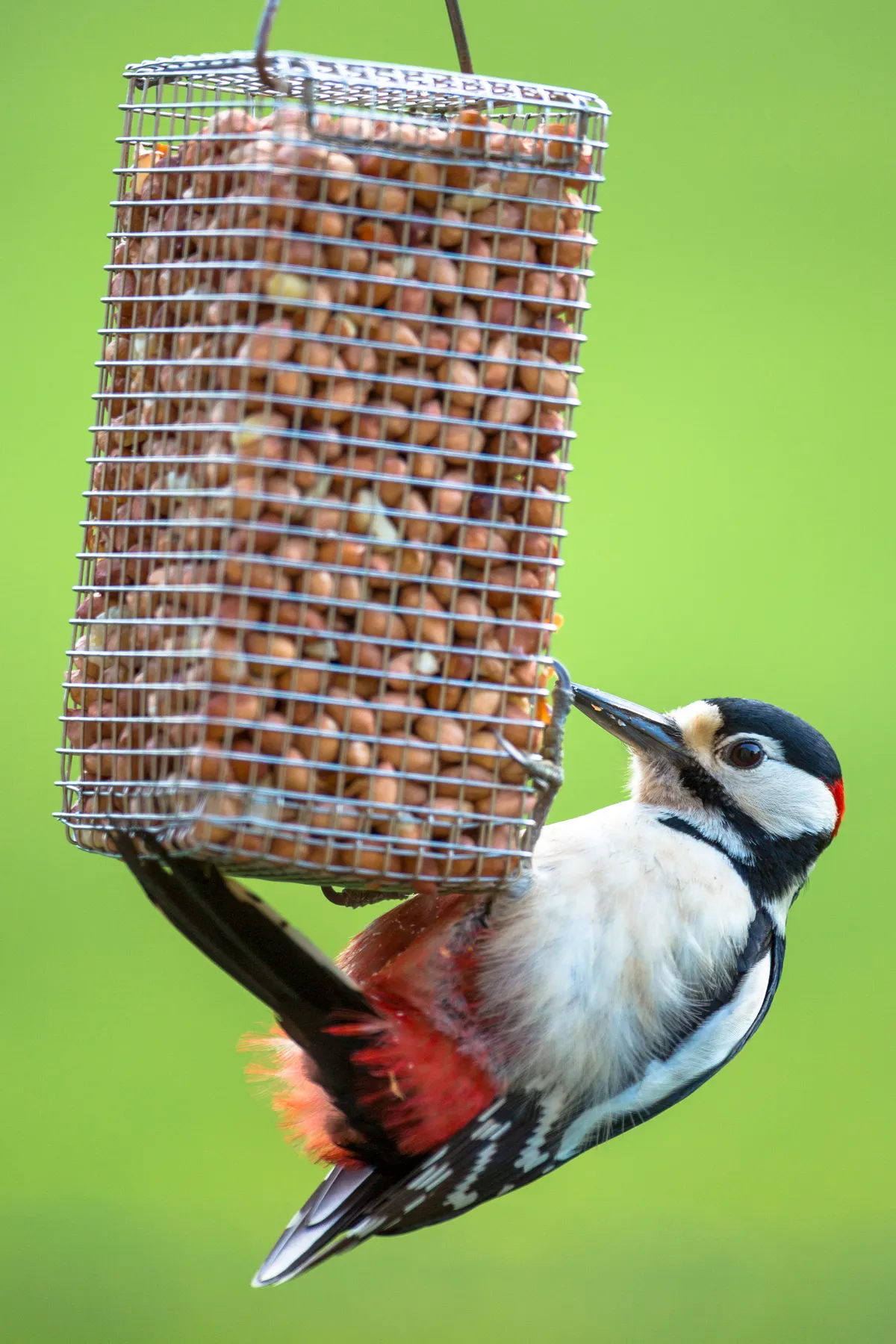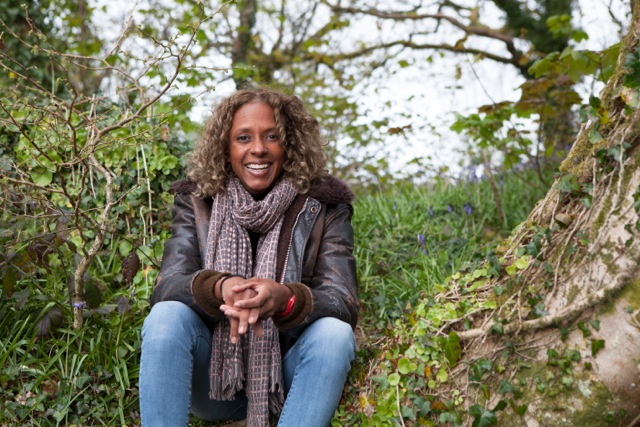"Sometimes you have to step out, to step back in,” was the somewhat baffling advice given to me at the start of my career. Recently, I’ve found myself thinking back to those enigmatic words having stepped out of the working world for a short while to put my family first. Now that I am ready to step back in, I’m seeing things afresh.
We know more about the natural world than at any point in human history, but this quantum leap in knowledge and understanding has been accompanied by a catastrophic decline in biodiversity. I’ve lost faith that science alone can turn the tide on nature loss. Knowing it all, it would appear, isn’t enough. It’s time to take stock, recalibrate and try a new approach.
Think about one of the great British pastimes: feeding garden birds. The BTO estimates that the British public spends between £200-300 million on birdseed and all the associated paraphernalia each year, with the total European market having an estimated value just shy of £1 billion. Some of the biggest nature NGOs and environmental organisations generate vital revenue, as well as important data, through citizen-science surveys based around bird feeders and counting garden birds.

But in all the purchasing, filling, cleaning, and re-filling of birdfeeders, are we losing sight of the bigger picture? While there are seed farmers that make every effort to farm sustainably, a quick search suggests that sunflower seeds, peanuts and millet are farmed at-scale in the American Midwest, Canada, China and Ethiopia.

What if a proportion of what we spend on bird-feeding was redirected towards making all of our food shopping habits more local, sustainable and seasonal? It’s a middle-class privilege perhaps, but the end result could be restoring wild habitat and giving our beloved birds a chance to get through winters as nature ‘intended’.
I’m not suggesting we ditch the birdbaths, burn the feeders and leave our feathered friends to their fate, but I do wonder whether this has become something of a dysfunctional relationship, where virtually every aspect of the way we live destroys their world, but we put out little birdfeeders to make it better.
As winter approaches, I will clean and fill the feeders again – but I sense this relationship needs work.
More related content:
- Mark Carwardine: the world’s first commercial octopus farm is a disaster waiting to happen
- Steve Backshall on why we should love sharks, and how social media could help save them
- Gillian Burke: slow travel is about taking your time rather than packing things in
An octopus in the ocean. ©Getty
And the conclusion of a four-year study by the Inter-governmental Science-Policy Platform on Biodiversity & Ecosystem Services (quite a mouthful and mercifully abbreviated to IPBES) suggests that I’m not entirely out of touch with mainstream thinking.
The IPBES has published its thoughts as part of the World Biodiversity Summit, which takes place in New York this September ahead of a key UN nature summit, COP15. The biodiversity COPs determine how member states will look after the planet’s biodiversity.
It firmly points its finger at economic growth as the key driver of nature loss while laying out four cornerstones for a healthier relationship with the natural world. “Living from nature” sets out how nature meets our physical and material needs; “living with nature” recognises the right for non-human life to thrive independently of our own needs; “living in nature” provides a sense of place and identity; and finally “living as nature” sees, in their own words, “the natural world as a physical, mental and spiritual part of oneself.”
What this actually looks like is a work-in-progress, especially if you live in a two-up, two-down in bog-standard Britain like I do. It might require a sea-change in mindset, where nature is placed at the core of our lives and the decisions we make daily. Engendering a sense of reverence and, dare I say it, even a kind of nature spirituality, might just be the ticket to turn the tide on nature loss in a way that science alone cannot.
More related content:
- British garden birds guide: how to identify different species and attract them to your garden
- How to make your garden wildlife-friendly
- Best garden bird feeders: attract birds to your garden
Coal tit (left) and blue tit (right). © Getty
Main image: Nuthatch Sitta europaea and Blue Tit, Parus caeruleus, adults climbing on peanut feeder, Norfolk, UK © Getty.
